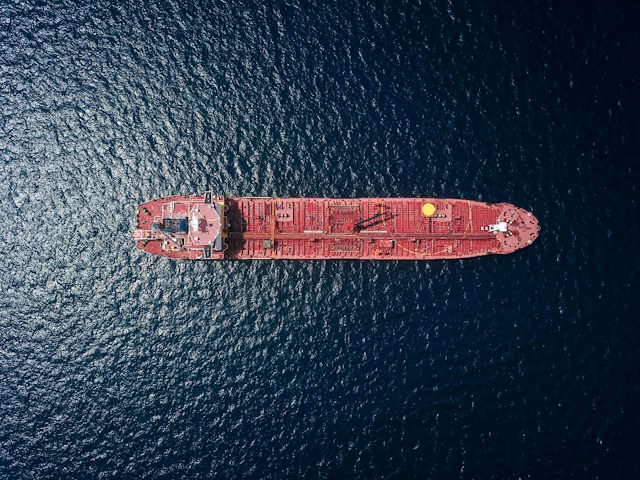
-
The Maritime Industry Authority issued a directive urging meticulous compliance to the ship classification process by Philippine-registered ships operating in the domestic trade
-
MARINA Advisory No. 2024-01 called on domestic passenger and cargo vessels, tankers, and other ships subject to classification to rigorously uphold the requirement of carrying a valid Certificate of Classification
-
The directive, under MARINA Memorandum Circular (MC) No. MS-2023-02, is crucial for ensuring thorough class surveys, affirming a ship’s structural soundness and safety
-
Non-compliance may come with penalties ranging from P50,000 to P400,000, along with administrative fines and the imposition of a “No Sail Condition”
The Maritime Industry Authority (MARINA) has issued a directive urging meticulous compliance to the ship classification process by Philippine-registered ships operating in the domestic trade.
MARINA Advisory (MA) No. 2024-01, dated January 29, called on domestic passenger and cargo vessels, tankers, and other ships subject to classification to rigorously uphold the requirement of carrying a valid Certificate of Classification. The advisory took effect immediately.
Under the purview of MARINA Memorandum Circular (MC) No. MS-2023-02, the mandate is pivotal to ensuring that class surveys are diligently conducted, affirming the structural soundness and safety of ships destined for sea voyages.
READ: MARINA requires classification of PH ships in domestic trade
The classification process—governed by technical rules, regulations, standards, and guidelines—encompasses thorough surveys and inspections covering the design, construction, and ongoing compliance of a ship’s structure, essential engineering machinery, and electrical systems.
While the directive applies to Philippine-registered ships engaged in domestic trade, it exempts specific ship types, such as wooden-hulled ships, fishing vessels (including fish carriers), cargo ships less than 100 gross tonnage (GT), passenger/passenger-cargo ships less than 50 GT or carrying fewer than 50 passengers, government-owned vessels not involved in commercial trade, and tugboats and dredgers less than 10 GT.
Ships currently holding an interim Certificate of Classification at the time of MA 2024-01’s effectivity will be granted acceptance, with the stipulation that passenger ships and tankers secure a full-term certificate upon the expiration of their interim certificate or until June 30, 2024, whichever comes first.
For cargo ships and other vessels mandatorily subjected to classification, the acquisition of a full-term certificate should take place upon the expiry of the interim certificate or during the next immediate mandatory drydocking, whichever transpires first.
The directive is clear regarding the consequences for non-compliance, with ships lacking valid Certificates of Classification—be it full-term or interim—facing violations of MC MS-2023-02. The penalties, contingent on the ship’s gross tonnage and the frequency of offenses, span from P50,000 to P400,000. Moreover, non-compliant ships are at risk of administrative fines and penalties, coupled with the imposition of a “No Sail Condition” in accordance with MC MS-2023-02.
In tandem with this initiative, MARINA has stipulated that all existing Certificates of Ship Survey previously issued by the authority will cease to be valid after January 31, 2024, aligning with MA 2023-34. This decision represents the final extension for the issuance of Certificates of Ship Survey to passenger and cargo ships, ensuring an uninterrupted shipping operation during the holiday season. – Roumina Pablo




